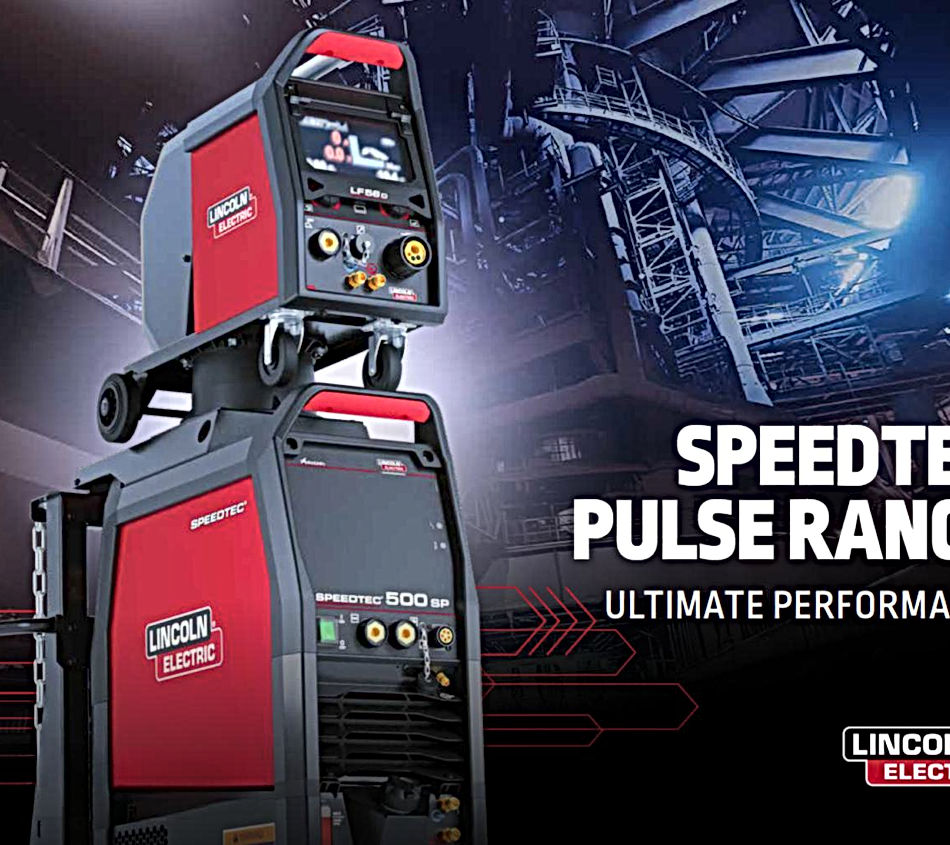
Gas regulators are an essential component of many industrial, commercial, and residential systems where the flow and pressure of gas need to be controlled. Whether you’re working with propane, natural gas, or any other type of gas, selecting the right gas regulator is crucial for ensuring safety, efficiency, and optimal performance. In this article, we will demystify gas regulators and provide insights into choosing the right equipment for your specific needs. Visit this to check the gas regulator price UAE.
Understanding gas regulators:
Gas regulators are devices that control the flow and pressure of gas from a high-pressure source to a lower, more manageable level for use. They act as a safety mechanism, preventing excessive pressure buildup and ensuring a consistent supply of gas. A gas regulator consists of three main components: a pressure-reducing element, a diaphragm or piston, and a valve assembly.
Types of gas regulators:
There are several types of gas regulators available, each designed for specific applications. The most common types include:
Single-stage regulators:
These regulators reduce pressure in a single step and are suitable for applications where a constant outlet pressure is not critical. They are commonly used in small-scale residential or low-demand commercial applications.
Two-stage regulators:
Two-stage regulators provide more precise control of gas pressure. They have two separate chambers, allowing for a more stable outlet pressure even as the cylinder pressure decreases. Two-stage regulators are ideal for high-demand applications or when consistent pressure is required.
Factors to consider when choosing a gas regulator
When selecting a gas regulator, there are several factors to consider ensuring the safety and efficiency of your system:
Gas type and flow rate:
Identify the specific gas you will be working with and determine the required flow rate. Different gases may have varying pressure requirements, and selecting a regulator designed for the specific gas type is crucial for optimal performance.
Inlet and outlet pressure:
Consider the inlet and outlet pressure requirements of your system. Gas regulators are designed to handle specific pressure ranges, and selecting one that matches your system’s requirements is essential.
Material compatibility:
Ensure that the materials used in the gas regulator are compatible with the gas being used. Some gases may be corrosive or reactive with certain materials, and choosing a regulator made from suitable materials will prevent damage and ensure longevity.





